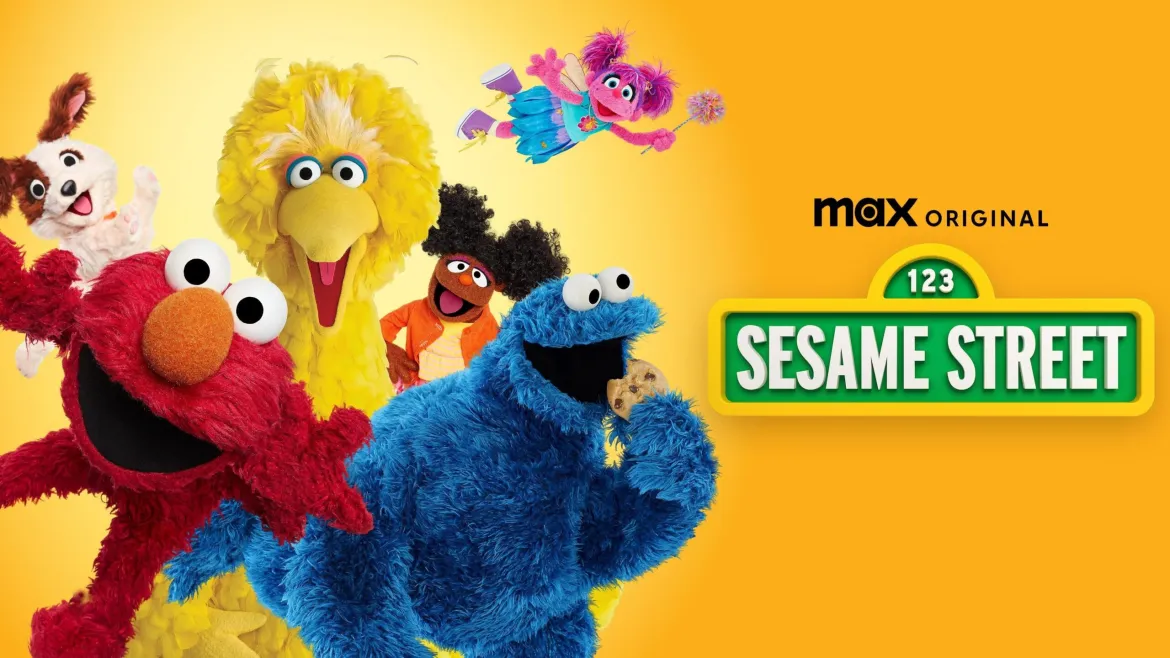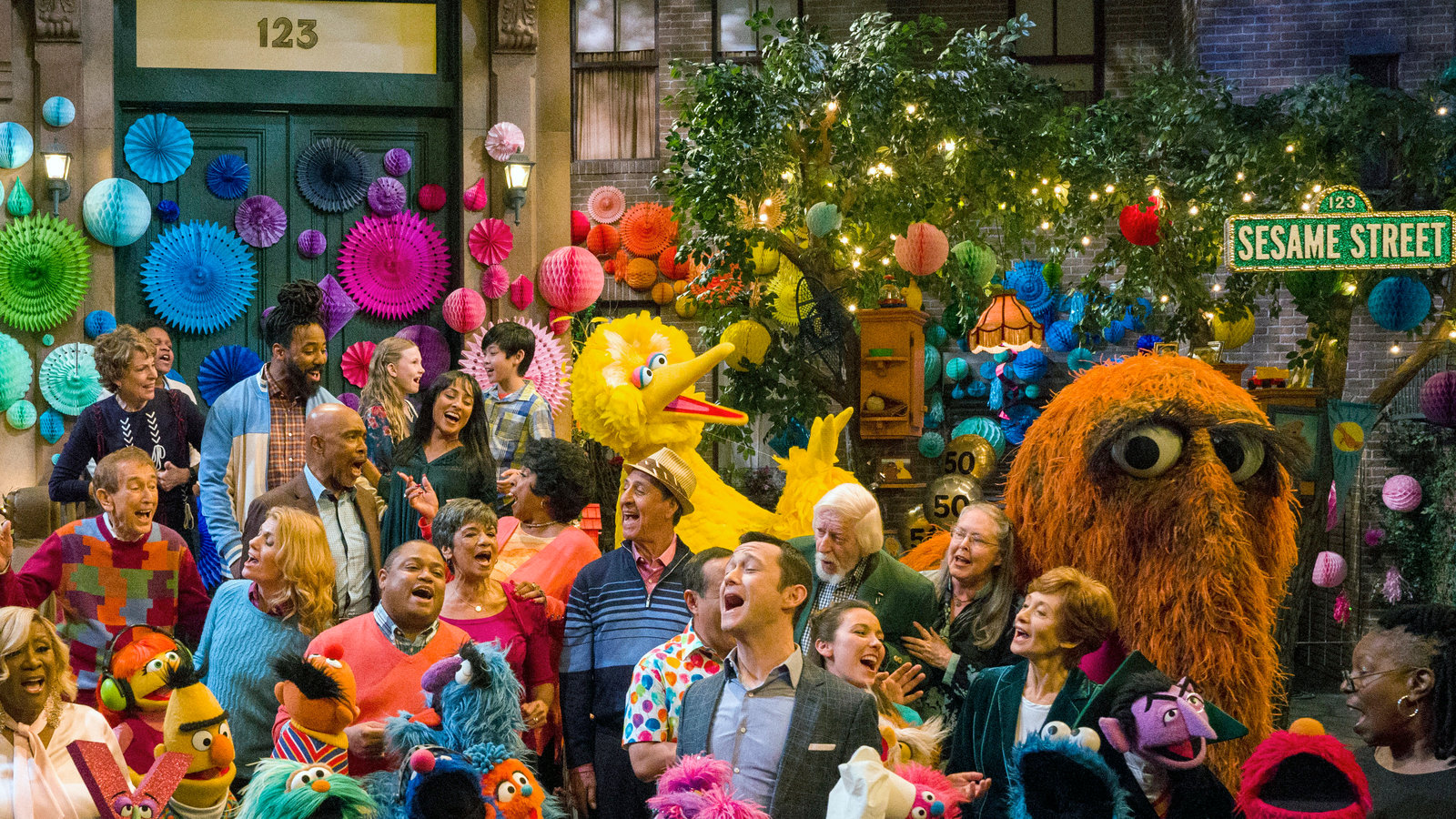Sesame Street is in search of a new broadcast home. Warner Bros. Discovery has decided not to renew the output deal that has delivered new episodes of the beloved children’s program to HBO and Max since 2016.
However, the existing library of Sesame Street episodes will remain available on Max until at least 2027, with the newest season set to premiere next month.
“It has been a wonderful, creative experience working with everyone at Sesame Street on the iconic children’s series, and we are thrilled to be able to keep some of the library series on Max in the U.S.,” a Max spokesperson said in a statement.
“As we’ve launched Max, and based on consumer usage and feedback, we’ve had to prioritize our focus on stories for adults and families, so new episodes from Sesame Street, at this time, are not as core to our strategy.”
In 2015, HBO announced it would begin airing new episodes of Sesame Street while allowing PBS, the program’s long-time home, to broadcast those episodes several months later. Four years later, the show shifted exclusively to HBO Max under a five-year deal that included a licensing agreement for Sesame Street’s extensive 50-year library and the production of several spinoffs.
The Sesame Workshop, the nonprofit organization behind Sesame Street, expressed optimism about the partnership’s extension in a statement:
“We are excited to extend our 10-year partnership with Warner Bros. Discovery, keeping Sesame Street’s iconic library available on Max through 2027.

Sesame Street (Photo: Max)
We will continue to invest in our best-in-class programming and look forward to announcing our new distribution plans in the coming months, ensuring that Sesame Street reaches as many children as possible for generations to come.”
Over the years, Sesame Street has undergone significant changes. Episodes were shortened from one hour to 30 minutes, featuring longer, narrative-driven segments. The series also introduced groundbreaking characters, such as its first autistic muppet and its first homeless muppet.
Not all developments were positive, though. Several cast members were let go as the program faced mounting financial challenges.
Operating costs have soared, reportedly surpassing $100 million annually by 2019—far higher than during the PBS-exclusive era. This increase was partly due to the mandate to produce nearly twice as many episodes per year under the HBO deal.
When Sesame Street launched in 1969, its mission was to rely solely on public funding, assuring parents that corporate interests would not influence its educational and empowering message for children.
However, public funds are subject to political fluctuations, and calls to defund PBS and organizations like the National Endowment for the Arts have resurfaced following Donald Trump’s 2024 election victory.
Despite the challenges, Sesame Street’s legacy endures. Episodes from the extensive library will remain available on Max through 2027, while fans eagerly await the show’s next chapter and its plans to continue reaching children worldwide.
























